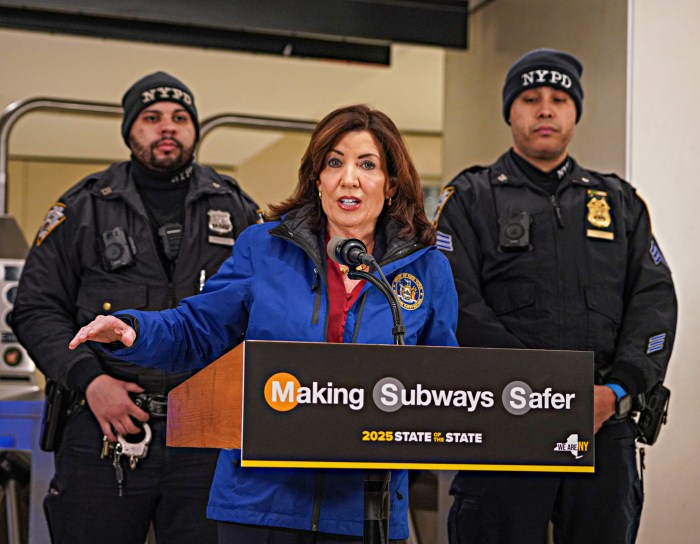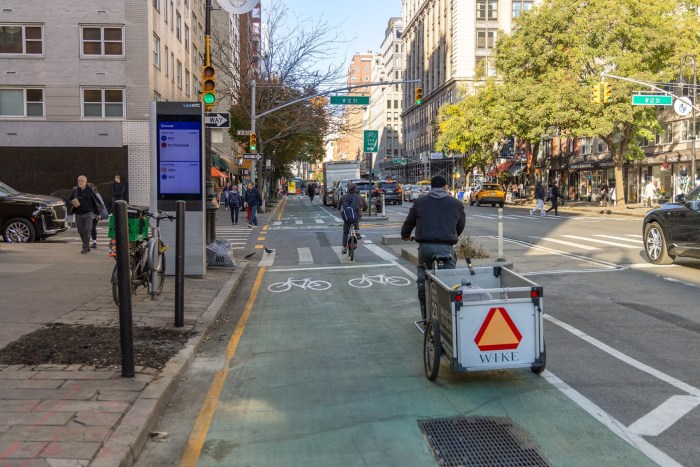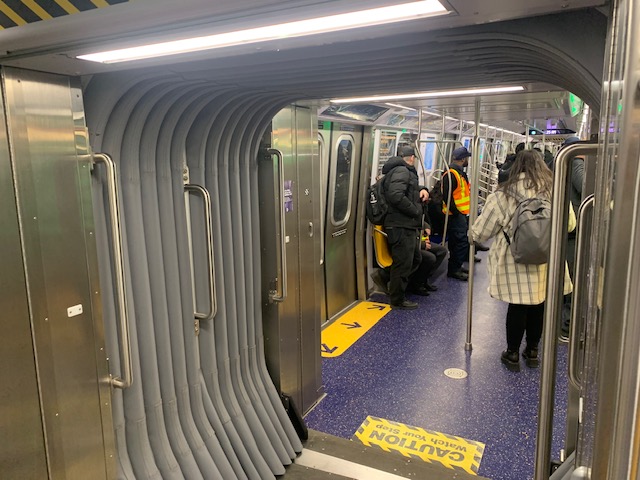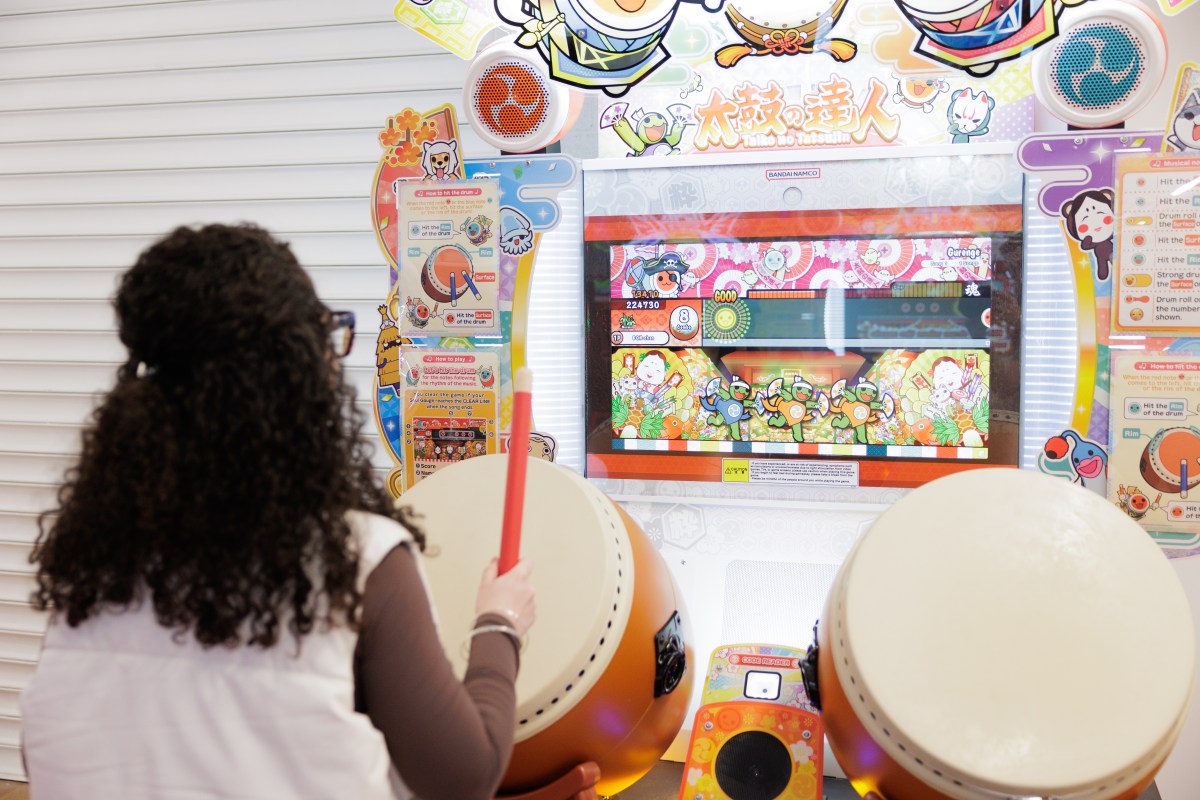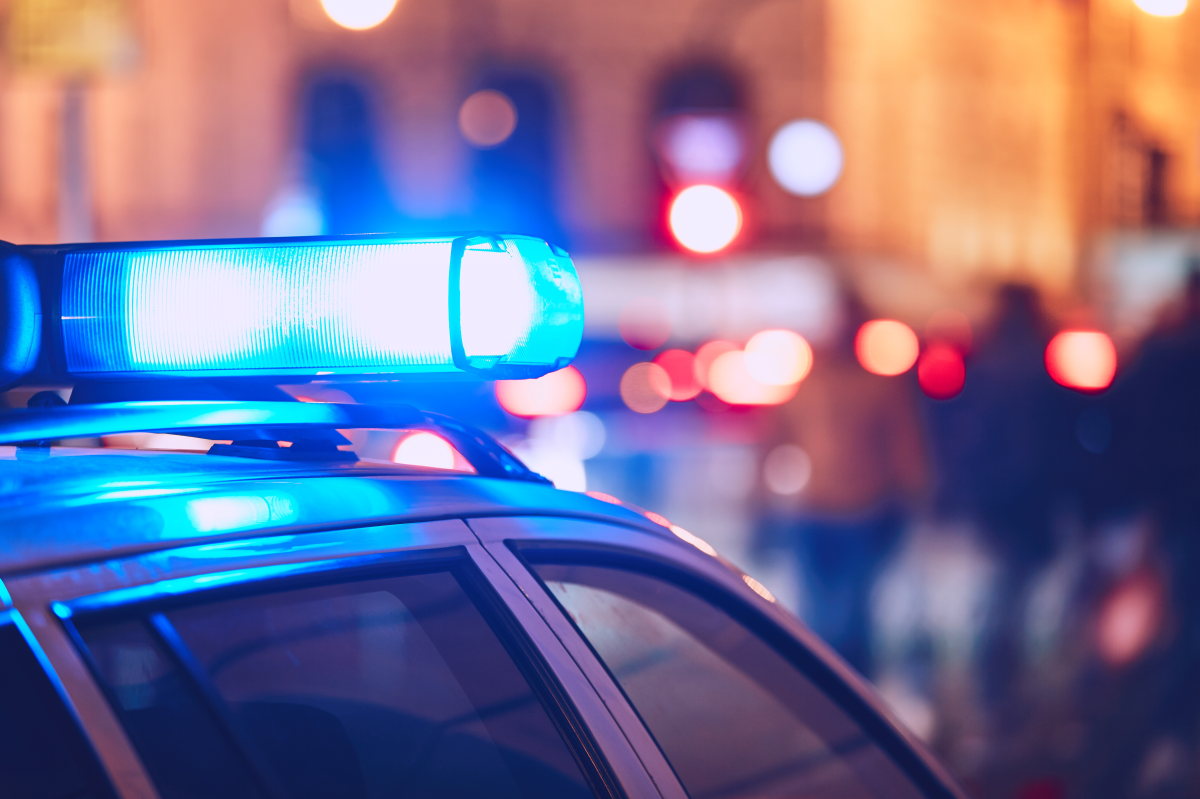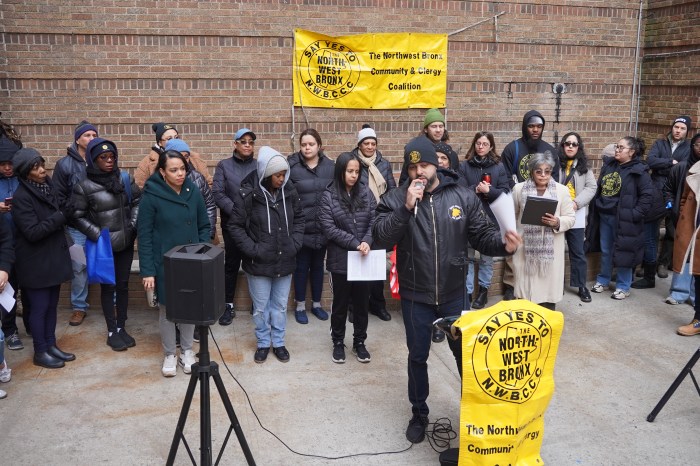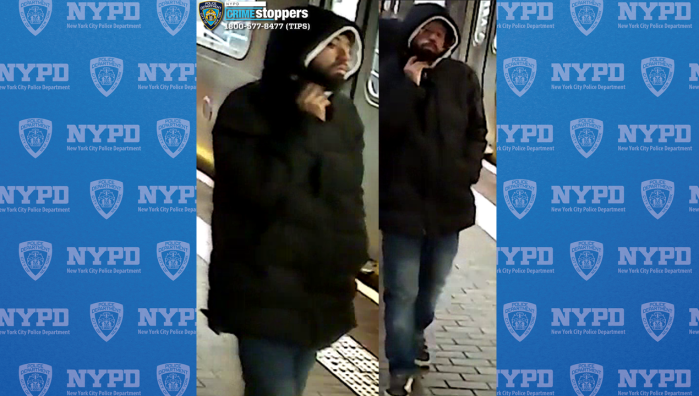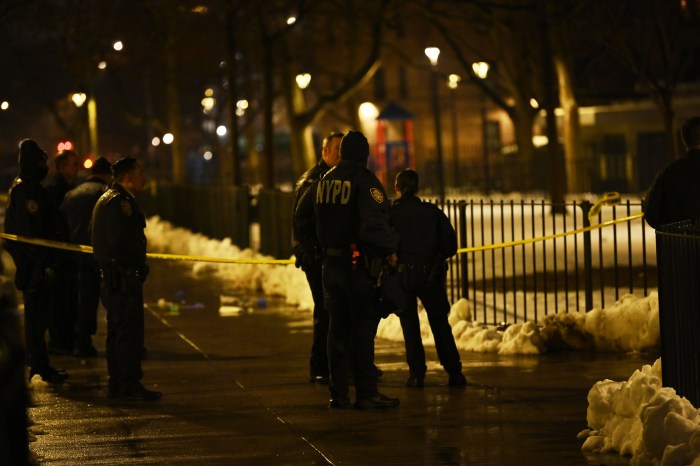According to New York City Transit President Sarah Feinberg, an increase in cops and cutbacks in transit staff is well justified considering a rise in crime in the past year.
On WNYC’s Brian Lehrer Show on Thursday morning, Feinberg tipped her hat to the subway workers who she deemed as the real “lifeblood” of the city – rather than the transit system itself – before justifying her support for both hiring 500 new cops as well as backing up 800 hundred operations staff.
Her first argument for increased policing was not on account fare evasion, their original purpose, but of crime in the transit system for which the data is on her side.
“I think that we should be the shining example for other cities and right now we’re not. It doesn’t mean that the system isn’t safe, it doesn’t meant that there’s rampant crime, but it means that the system is not as safe as it could be,” Feinberg said. “It’s going to take a lot to get there, but I don’t want anyone entering our system with anxiety that they could be burglarized.”
Too many assaults, sexual assaults and “burglaries” on the transit system is the reason why Feinberg says she supported hiring 500 cops as a member of the Transit Committee on the MTA board. One look at the numbers show the data is in her favor in this regard.
Between January 2019 and January 2020, MTA crime data shows that robberies were up 114 percent while felony assaults were up by 6.5 percent.
“Just because we live in a big city and just because we can sort of look at the numbers and say ‘eh, it doesn’t seem that bad,’ it is bad. It is not acceptable,” Feinberg said.
In terms of trading operations workers for cops, Feinberg said it was beyond her expertise to argue with those in charge of the MTA’s transformation plan which looks to cut 1,800 jobs in 2020. Many of which the agency says will be done through attrition.
“I’m going to leave it to the transformation folks to come back with the numbers on what we need to do, but in my mind, we can’t make a tradeoff between safety and between, you know, budget issues and workforce issues,” Feinberg added. “We can’t say that it is so important for safety and security that we add police officers but that means we can’t cut from other places. We need to be able to do both.”
An aspect of the policing that will take place not only on subways and buses, but also commuter trains, is to put a stop to the string of transit worker assaults that have taken place, including spitting incidents.
Feinberg said concerns that the cops will have a negative impact on New Yorkers of color and homeless individuals are valid, but that the work the MTA police will do to keep the trains from becoming “de facto shelters” will be in the best interest of everyone in the transit system from the public health perspective.
Feinberg did not address the fare evasion aspect of the increased police presence.
Public outrage ensued from the decision to patrol the subways and buses and on Jan. 31, thousands of protestors took the Grand Central and marched throughout midtown.
Listen to the full interview on WNYC.




